Hey y’all! My name is Adaiya Granberry and I am a rising sophomore majoring in Public Policy with a minor in Computer Science. I hail from Tacoma, WA, w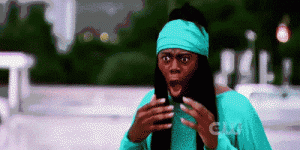 hich is a little south of Seattle and is where I have spent basically all of my life prior to Duke. Coming to this elite university was a huge culture shock for me coming from such a truly diverse city, and from the West Coast altogether. I felt like coming to Duke, I was thrown into the big, bad, REAL world.
hich is a little south of Seattle and is where I have spent basically all of my life prior to Duke. Coming to this elite university was a huge culture shock for me coming from such a truly diverse city, and from the West Coast altogether. I felt like coming to Duke, I was thrown into the big, bad, REAL world.
But to be honest, that was kind of what I was looking for. I felt like at home, things like racism, sexism, and homophobia were all very mythic. I myself didn’t encounter (or at least that’s what I thought) people who belittled my worth as a result of my race or my gender. I believed that racism was for the South. Homophobia was for older people who were too stuck in the past to come to terms with the reality of today. I felt myself yearning for not only a different environment, but for the opportunity to experience these tragedies that I protested, but only saw in the news lines in other parts of the country and of the world.

I was immediately confronted with many of these issues in just one short semester at Duke, which was a lot for me to process, but provided much to learn from. I was also motivated to learn more, which is a huge reason why I chose to apply to this program.
What does it mean to be a “feminist”? What distinguishes someone who advocates for women from someone who is a stark feminist? In my high school, this label of a “feminist” always had some sort of negative connotation. The feminists were just the group of girls who hated all of the guys.

While I may not have agreed with this stigma, if you asked me in high school to tell you why or why not, I would not have known how to respond or how to define this very broad thing we call *drum roll please*….. FEMINISM.
There is white feminism versus womanism–this idea of a divide that feminism does not encompass the perspectives and experiences of black women and black feminists.
Intersectionality is not just a matter of race vs. gender, but there are the layers of sexual orientation and of social class and of age that all come together to make feminism much more complex than it is often defined as. So as I read more books and do more research and ask more questions, I only question more and more how I can begin to define this conglomeration of ideas and perspectives.
Through this program, I hope (ke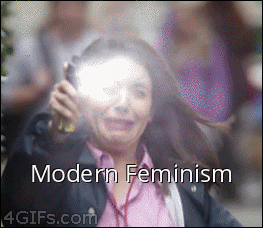 y word: hope) to be able to articulate my own informed opinion of what feminism is and what feminist issues mean to me. And what better place to ask these questions than in the Big Apple! New York City is somewhere I had never been to before this month, an international hub, and a place which I also see as a conglomeration of different nationalities, ethnicities, sexualities, religions, socioeconomic statuses, generations, and much more.
y word: hope) to be able to articulate my own informed opinion of what feminism is and what feminist issues mean to me. And what better place to ask these questions than in the Big Apple! New York City is somewhere I had never been to before this month, an international hub, and a place which I also see as a conglomeration of different nationalities, ethnicities, sexualities, religions, socioeconomic statuses, generations, and much more.
Through my work with Sanctuary for Families, I want to learn more about the day-to-day work in a nonprofit, more about the inner workings of a nonprofit, and how women’s empowerment might be reflected in their work environment. As my first, real internship (SCARY), I also want to perfect my work ethic. I want to be challenged (in whatever capacity that may be) and really hold myself accountable for the work I put forward and how I represent myself as an intern. I have my first, real opportunity to start crafting my brand and how I want to be remembered as an employee in a larger organization working for a cause that is larger than myself.
So, key takeaways:
- I’m Adaiya and I am a Filipino/Black/WestCoastin’/Middle-Class/Millennial feminist.

- I am not really sure what being a feminist totally entails, but that’s why I’m here.

- I want to be challenged not only by my work, but by the many people I encounter in NYC, by their different perspectives, by my awesome fellow Moxies, and by Ada & Shannan.
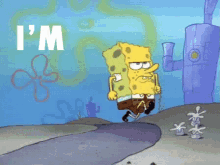
- I’m kind of anxious, but super excited for all of the self-growth to come my way!!!
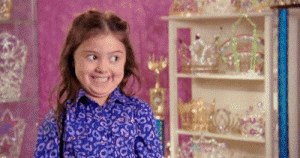


 I am officially woke y’all, but it has its ups and downs. It’s tiring to cope with, but powerful to have in my possession. Being home at home is a struggle, but only a sliver of that which will be encountered back at Duke.
I am officially woke y’all, but it has its ups and downs. It’s tiring to cope with, but powerful to have in my possession. Being home at home is a struggle, but only a sliver of that which will be encountered back at Duke.

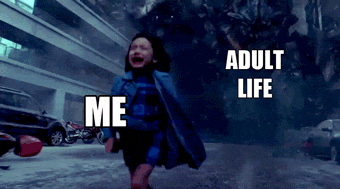
 able to have these conversations with other people, who may be close-minded and sometimes, ignorant; how I will be able to overcome this struggle when those people are my friends and especially, in the case of my family. Then, load on top of this my academics and my extracurriculars, and the other formalities of being a “Duke student,” I don’t know how to feel about returning to my “real world.”
able to have these conversations with other people, who may be close-minded and sometimes, ignorant; how I will be able to overcome this struggle when those people are my friends and especially, in the case of my family. Then, load on top of this my academics and my extracurriculars, and the other formalities of being a “Duke student,” I don’t know how to feel about returning to my “real world.”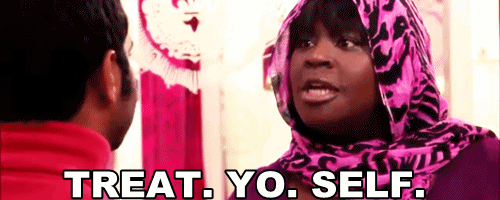
 of society. That resistance is meant to be trying and difficult and it is meant to break us down — which is why we must take the initiative to care for each other.
of society. That resistance is meant to be trying and difficult and it is meant to break us down — which is why we must take the initiative to care for each other.
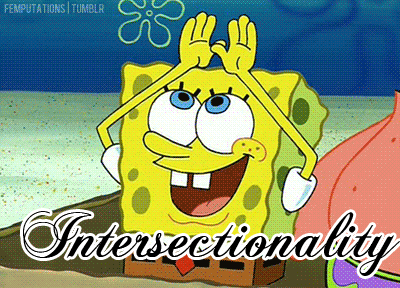
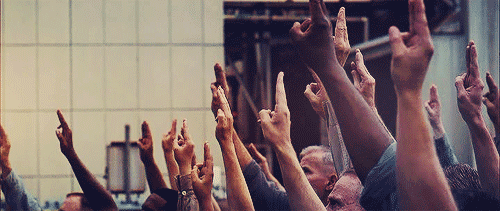


 The more I learn, the more negative I begin to feel toward society and the system within which we are all forced to accept. But relief in the moment and having people in this world that genuinely want to help this community is better than not having nonprofits at all, right? #Confused
The more I learn, the more negative I begin to feel toward society and the system within which we are all forced to accept. But relief in the moment and having people in this world that genuinely want to help this community is better than not having nonprofits at all, right? #Confused







